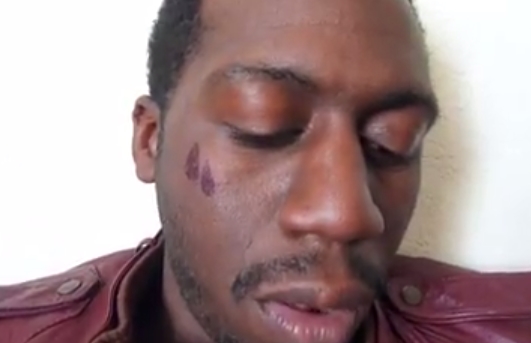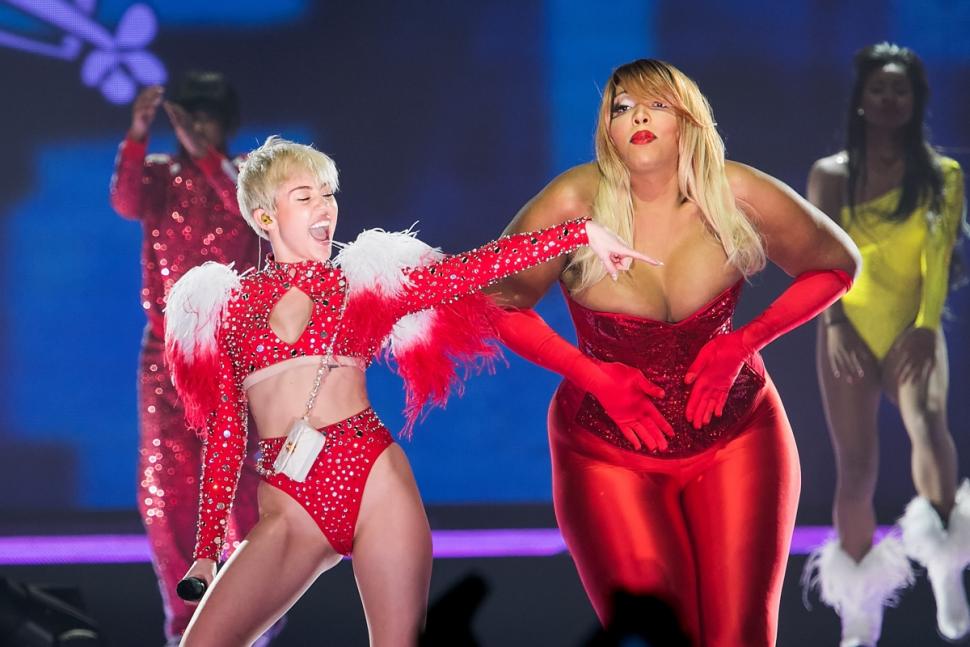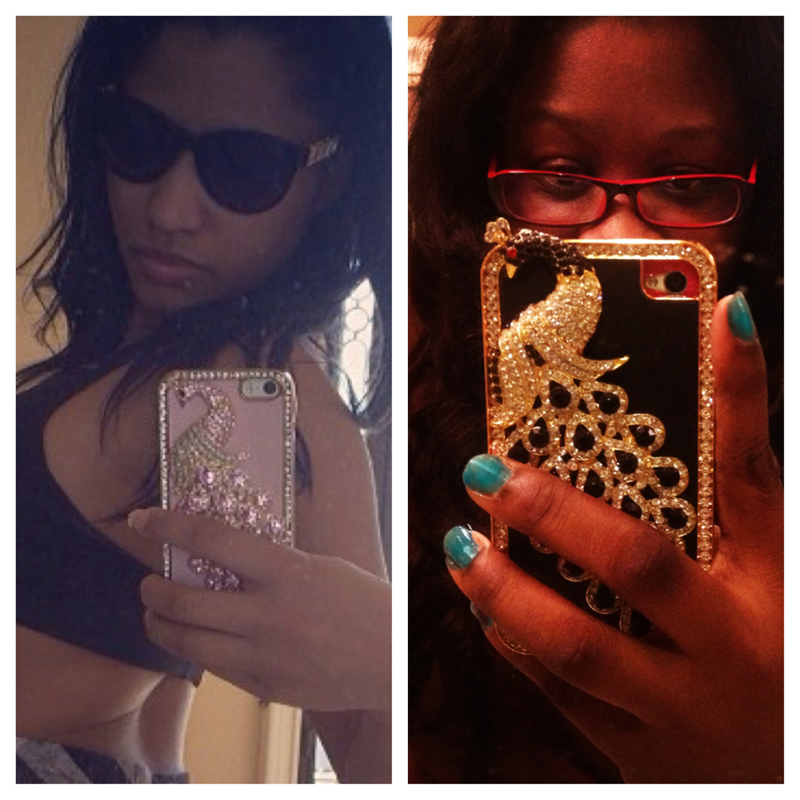In My Friendship with Norman Mailer and Gore Vidal: How They Buried the Hatchet (Amazon Kindle), I explain how I convinced both men to sit down for a joint interview. At this time Gore was promoting his book, Hollywood, an examination of the influence of Hollywood in our politics culminating in the election of a former SAG president. “Reagan was our most ludicrous president,” Gore says. Gore also talks about Grace Kelly and how she did not want to face the aging process which was part of her reason to quit acting and marry Prince Rainier.
At the time of our joint conversation, Norman just had finished directing Tough Guys Don’t Dance. A disaster. Gore’s foray into Hollywood was as writing screenplays such as Caligula and Myra Breckinridge. Also disasters. But these authors published words and tempers were memorable.
Mailer headbutted Vidal before an appearance on the Dick Cavett TV show after Vidal compared him to infamous killer Charles Manson. When Mailer said, “Vidal lacks the wound” (referring to his privileged upbringing), Vidal said: “Privileged? You mean more privileged than a fat boy from South Africa.” (Mailer’s father was born in Cape Town.) Vidal later claimed he was not the instigator of the antagonism, saying: “Mailer feuded with me. I knew Norman’s syndrome. If I was on the cover of Time and he wasn’t, my God he would be insulting me in the press. He couldn’t stop. He lived for his little swig of PR.”
Getting these literary lions together with their claws not protruding was not easy.
“Gore will not do it,” Norman said.
Well, Gore was a gentleman throughout. So much so that when Norman signed the photo of the three of us, on the cover of this book, he wrote, “To that happy couple, Gore and Carole, Cheers, Norman.” Norman Mailer was jealous of my attention to Gore Vidal. Funny, how that was.
Gore had dated Joanne Woodward who had married Paul Newman. These three remained friends for life, while Gore lived with his longtime companion, Howard Austen, in Ravello, Italy.
In the late seventies, I was introduced to Gore Vidal in Hollywood by Lester Persky who produced Shampoo. Lester was a good friend who invited me to this and that including the Oscars (’76) when his film, Shampoo, was nominated. Lester Persky not only introduced me to Gore Vidal, but also Truman Capote. The Polo Lounge of the Beverly Hills Hotel was a kind of literary salon which included stars of the not always gossamer silver screen.
Lester asked me to meet him in the Polo Lounge for drinks before the Oscars. Resplendent in a tuxedo, but struggling to hide his inebriation, Lester’s face seemed to wither when Truman said, “Lester, you’re too drunk to go to the Oscars.” Truman was slight, charming and critical. As they say, “He was one to talk.”
Lester and I did go to the Awards and still had a good time as Shampoo was honored with Best Supporting Actress for Lee Grant. Shortly after this, Lester asked me to meet him again in the Polo Lounge. This time he was seated with a handsome man and said, “Carole, I want you to meet Gore Vidal.” I was stunned, as I was in awe of his writing and in awe of his good looks. His thick, sensuous lips were mesmerizing.
Gore’s longtime companion, Howard Austen, also had been a friend through my circle of friends in Hollywood. Howard was outgoing, always laughing and loved playing pranks on people. He was not a snob, but protected Gore from hangers on. If one wanted to contact Gore, one contacted Howard. After I had interviewed Norman Mailer for the Fairchild publication M Magazine, who put Norman on its cover, I read in the New York Post that Gore Vidal was in town to promote his latest book, Hollywood, and was staying at the Plaza. So I dropped a copy of Mailer’s handsome face on M‘s cover at the desk of the Plaza with a note to Howard asking for an interview with Gore.
That day Howard called. “Thought you were an actress,” he said.
“No longer. I’m a journalist. Did you have time to read my interview with Norman?”
“Terrific, but if you want an interview with Gore, he is leaving for L.A. tomorrow to promote his latest novel Hollywood.”
“Well, let me see what I can do.” I said and within a few days I was on a plane to the holy land of celebrity. M had style and put me in the Beverly Hills Hotel which was where Gore was staying.
We did the interview which was challenging and fun. During our talk, Gore spoke to me as though Norman were by my side.
When I returned to Manhattan and showed the transcript to Norman, he was like a teenager quizzing me as though I’d just interviewed Justin Bieber. This gave me the idea to try to bring these feuding icons together in a conversation. When I mentioned the idea to Norman, his face showed excitement, but he said,” Gore will never do it. Besides how would you make this happen?”
“I’ll write him in Ravello.”
And this is what I did. Months passed.
One afternoon Norman called. His voice was excited, but strained, “Gore is going to Paul Newman’s birthday party tonight.”
“Great! Ask him if he’ll do the interview.”
A few days later we were in a suite at the Plaza Hotel being photographed by my favorite paparazza, Bettina Cirone, and about to begin the interview which became a part of history. These snarling literary lions rolled over and purred. After I finished transcribing this interview that was done on spec, I sold it to Esquire. When it was published, I dropped a copy off at 60 Minutes and a friend, Don Hewitt, who was its executive producer. The next day this copy of the magazine was delivered to my doorman with Hewitt’s handwritten note, “Nice Job!”
My Friendship with Norman Mailer and Gore Vidal: How They Buried the Hatchet contains both the interview with Gore and the never before published raw transcript of the conversation between Gore and Norman. It is a rare literary journey that gives insight into these great writers and — what could have remained a secret if not for this interview — their admiration for each other.
Source: New feed



